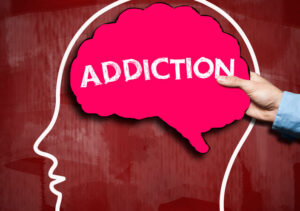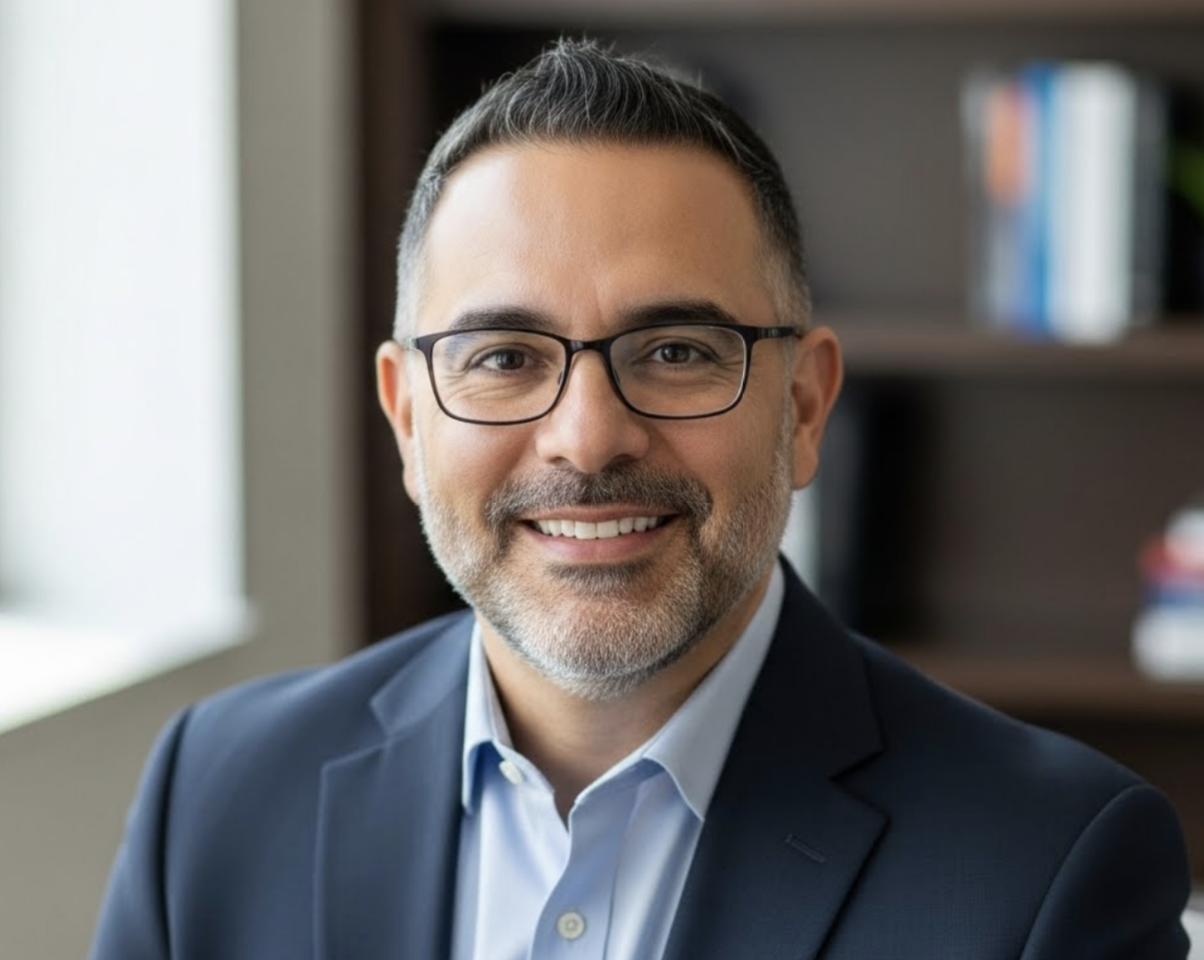Gambling Addiction Counseling: How to Specialize in This Field
Addiction counselors can specialize in gambling addiction by obtaining credentials like the International Certified Gambling Counselor (ICGC) certification through organizations like the International Gambling Counselor Certification Board. This specialization involves understanding the neuroscience of behavioral addictions, treatment modalities specific to gambling disorders, and state-specific licensing requirements that allow you to treat process addictions alongside substance use disorders.
If you’re reading this, there’s a good chance gambling addiction has touched your work in some way. Maybe you’ve sat across from a client whose substance use disorder was tangled up with compulsive gambling. Maybe you’ve watched someone lose everything to a poker app on their phone, and you recognized that same desperate chase you’ve seen in addiction before.
The truth is, gambling addiction works the same way in the brain as substance addiction does. The neuroscience backs this up. And that means your training as an addiction counselor already gives you most of what you need to help people trapped in this cycle.
This guide breaks down what gambling addiction looks like, how it hijacks the brain’s reward system, and what you need to know to add gambling addiction treatment to your practice. We’ll cover the science, the treatment approaches that work, and the certification pathways that let you specialize in this growing field.
What Is Gambling Addiction?
The DSM-5 reclassified gambling disorder under the “Substance-Related and Addictive Disorders” category, putting it right alongside alcohol and drug addiction. That wasn’t just a bureaucratic decision. It reflected decades of research showing that gambling addiction and substance addiction work through the same brain mechanisms.
When someone develops a gambling disorder, they’re not just making bad financial choices. They’re experiencing the same compulsive behavior patterns, tolerance buildup, withdrawal symptoms, and loss of control that you see in substance use disorders.
The American Psychiatric Association estimates that about 1% of the U.S. population meets the criteria for gambling disorder in any given year, and up to 2-3% will meet the criteria at some point in their lifetime.
The numbers don’t tell the full story, though. Gambling addiction shows up differently than substance addiction in some important ways. There’s no physical substance to detect, no breathalyzer test, no track marks. People can hide it longer. By the time families realize what’s happening, the financial devastation is often severe.
You’ll see gambling addiction intersect with your work in multiple ways. Many people with substance use disorders also struggle with gambling. The reverse is true too. And with online gambling now legal in many states and sports betting apps on every phone, the barriers to developing a gambling problem have never been lower.
The Neuroscience Behind Gambling Addiction
How Gambling Hijacks the Brain’s Reward System

Understanding neuroscience helps you see why your existing addiction counseling skills transfer so well to gambling treatment. The brain’s reward system doesn’t distinguish between chemical rewards and behavioral rewards. When someone gambles, their brain releases dopamine just like it does with drugs or alcohol.
But here’s what makes gambling particularly powerful: the unpredictability. Slot machines and card games operate on variable ratio reinforcement schedules, which neuroscientists have found create stronger, more persistent behavior patterns than predictable rewards ever could. Your brain gets more excited by the possibility of a reward than by the reward itself.
Research from UCLA and other institutions using fMRI brain scans shows that the same neural pathways light up during gambling as during drug use. The ventral striatum, the area of the brain responsible for processing rewards, shows identical activation patterns. Problem gamblers show reduced activation in the prefrontal cortex, the same executive function impairment you see in substance addiction.
The tolerance effect works the same way, too. Early wins create powerful memories that the brain chases for years afterward. Gamblers need bigger bets and more frequent action to get the same dopamine hit. The brain adapts, just like it does with substance use, requiring more and more stimulation to feel normal.
Withdrawal looks different without a chemical substance, but it’s real. When problem gamblers try to stop, they experience restlessness, irritability, difficulty concentrating, and intense cravings. These aren’t character flaws. They’re neurological responses to removing a powerful source of dopamine stimulation.
Treatment Approaches That Work
The good news is that evidence-based treatments for substance use disorders work for gambling addiction too. You don’t need to reinvent your therapeutic approach. You’ll adapt what you already know.
Cognitive Behavioral Therapy (CBT) remains the gold standard. The cognitive distortions in gambling addiction are obvious once you know what to listen for. “I’m due for a win,” “I can feel it’s my lucky day,” “I almost won last time.” These thinking patterns respond well to CBT techniques you’re already using.
The behavioral component focuses on identifying triggers, avoiding high-risk situations, and developing alternative coping mechanisms. If you’ve helped clients avoid bars or stay away from old using friends, you already know how to help someone delete gambling apps and avoid casinos.
Motivational Interviewing (MI) works just as well with gambling clients as with substance use clients. Many people with gambling problems don’t see themselves as “addicts.” They’ve got rationalizations ready. MI helps them find their own reasons to change without pushing against their resistance.
12-Step programs have adapted to gambling addiction through Gamblers Anonymous (GA). The structure mirrors AA: meetings, sponsors, working the steps. The main difference is that sobriety in GA means complete abstinence from all forms of gambling, which can be challenging in a culture where lottery tickets and sports betting are everywhere.
Family therapy is crucial. Gambling addiction destroys trust and finances in ways that affect entire families. Spouses often discover hidden debt, secret accounts, or money missing from retirement funds. The shame and betrayal run deep. Family therapy helps rebuild relationships while addressing the enabling behaviors that might have developed.
Treatment also needs to address co-occurring disorders. Depression, anxiety, substance use disorders, and gambling disorders frequently appear together. You can’t treat one effectively while ignoring the others.
How Addiction Counselors Can Specialize
Your background in addiction counseling gives you most of what you need to work with gambling clients. The theoretical framework is the same. The treatment modalities transfer directly. What you’ll add is specific knowledge about gambling behavior patterns, the unique triggers and risk factors, and the financial crisis intervention that gambling cases require.
If you’re still working toward your initial addiction counselor credentials, understanding the full pathway to becoming an addiction counselor will help you plan how gambling specialization fits into your career trajectory.
Here’s what makes gambling specialization different from your general addiction work:
Financial Recovery Planning becomes a major focus. Unlike substance use recovery, where the focus is purely on abstinence and rebuilding life skills, gambling recovery requires intensive financial counseling. Many clients face overwhelming debt, bankruptcy, and legal consequences from theft or fraud. You’ll work alongside financial counselors, credit counselors, and sometimes attorneys.
No Medication-Assisted Treatment exists for gambling addiction, the way it does for opioid or alcohol use disorders. There’s no methadone equivalent, no naltrexone. Treatment relies entirely on behavioral interventions and addressing underlying mental health conditions. This actually simplifies some aspects of treatmen,t but removes a tool you might be used to having available.
Digital Triggers Are Everywhere. Your gambling clients carry their casino in their pocket. Every phone has gambling apps available. Sports betting is legal and constantly advertised. Unlike asking a client to avoid a particular neighborhood where they used to buy drugs, you can’t realistically ask them to avoid all screens. Treatment has to address this reality.
The Chase is a phenomenon specific to gambling. After a big loss, problem gamblers often become consumed with winning back what they lost. This drives increasingly reckless betting and deeper losses. Understanding this pattern helps you recognize it and intervene before the financial damage becomes catastrophic.
Certification and Training Requirements
Most states that license addiction counselors allow those credentials to cover gambling addiction treatment, but specialized certification demonstrates expertise and can expand your practice opportunities.
The primary certification for gambling addiction counseling is the International Problem Gambling and Gaming Certification Organization credential, offered through the International Problem Gambling and Gaming Certification Organization.
ICGC-I (Level I) requirements:
- 30 hours of gambling-specific education
- 2,000 hours of supervised gambling-related work experience
- Pass the ICGC-I examination
- 30 hours of continuing education every two years
ICGC-II (Level II) requirements:
- 270 hours of gambling-specific education
- 6,000 hours of supervised gambling-related work experience
- Pass the ICGC-II examination
- Active addiction counselor licensure in most cases
- 30 hours of continuing education every two years
Many counselors start by completing gambling-specific training workshops offered through organizations like the National Council on Problem Gambling (NCPG). These provide the foundational 30 hours needed for ICGC-I certification.
Your existing addiction counselor credentials usually satisfy the clinical experience requirements. If you hold a certified addiction counselor credential or state licensure, you’re already qualified to work with gambling clients. The ICGC certification adds specialized recognition.
State requirements vary significantly. Some states require specific gambling counselor credentials to work in problem gambling treatment programs. Others accept general addiction counselor licensure. Check with your state’s addiction counselor licensing board or visit your state’s certification requirements page to verify local regulations.
Training programs worth considering:
The University of Massachusetts Center for Gambling Studies offers comprehensive online training programs that count toward ICGC certification. Their curriculum covers assessment, treatment planning, and intervention strategies specific to gambling disorders.
Many state certification boards now accept gambling-specific continuing education hours toward license renewal. This means you can start building expertise in gambling treatment while fulfilling your existing continuing education requirements.
Frequently Asked Questions
Can I treat gambling addiction with my current addiction counselor license?
How long does it take to become certified in gambling addiction counseling?
Can I treat both substance use disorders and gambling addiction in my practice?
What’s the difference between ICGC-I and ICGC-II certification?
Are there free or low-cost training options for gambling addiction counseling?
Key Takeaways
- Gambling addiction operates through the same brain mechanisms as substance addiction, making your existing addiction counseling skills directly transferable to gambling treatment.
- The DSM-5 classification of gambling disorder under addictive disorders reflects neuroscience research showing identical neural pathway activation in gambling and substance use.
- Evidence-based treatments for substance use disorders (CBT, MI, 12-step programs, family therapy) work effectively for gambling addiction with minor adaptations.
- ICGC certification demonstrates specialized expertise in gambling counseling, with Level I requiring 30 training hours and Level II requiring 270 hours plus extensive supervised experience.
- Most state addiction counselor licenses allow treatment of gambling disorder, though some states require additional certification for publicly funded programs.
- Co-occurring substance use and gambling disorders are common, making dual expertise valuable for comprehensive treatment approaches.
- Financial recovery planning becomes a critical component of gambling addiction treatment that differs from traditional substance use disorder counseling.
Ready to Expand Your Addiction Counseling Practice?
Specializing in gambling addiction opens new opportunities to help clients struggling with behavioral addictions while building on your existing clinical skills.








